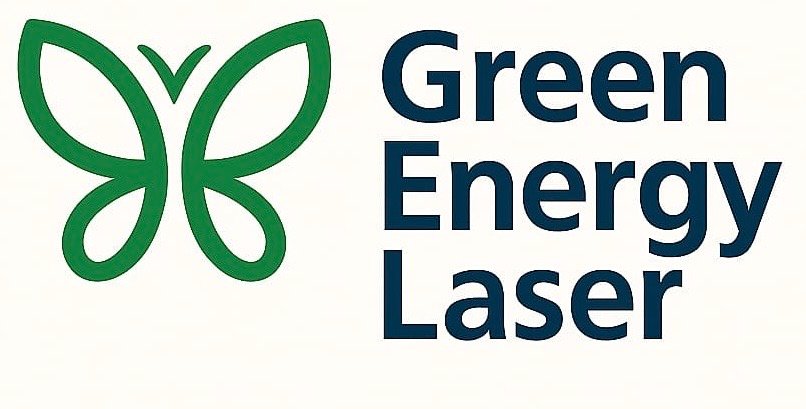The Future of Laser Welding in Industrial Applications
In today’s rapidly evolving industrial landscape, manufacturers are under constant pressure to increase productivity, improve quality, and reduce operational costs. One technology at the center of this transformation is laser welding—a game-changing method that is reshaping how industries approach joining metals.
With companies like Gecnclaser leading the way in fiber laser innovation, laser welding is not just a futuristic idea—it’s becoming a new standard in industrial manufacturing.
🔧 What is Laser Welding?
Laser welding is a technique that uses a high-energy laser beam to fuse two metal parts together. Unlike traditional welding methods, laser welding delivers:
Precision
Minimal heat distortion
High-speed performance
Exceptional weld strength
It’s especially effective for thin materials, complex shapes, and high-volume production environments.
🔍 Why Laser Welding is the Future
1. Unmatched Precision & Clean Welds
Laser welding creates narrow, deep welds with minimal spatter or distortion. This level of control is perfect for industries that require fine detail and clean finishes, such as electronics, medical devices, and aerospace.
✅ Consistent results with minimal post-processing.
2. Increased Speed and Productivity
Laser welding is significantly faster than MIG, TIG, or arc welding. Automated systems can produce continuous welds at high speeds—reducing cycle times and boosting output.
✅ Ideal for large-scale, automated production lines.
3. Compatibility with Automation and Robotics
Laser welding is easily integrated with robotic arms and CNC systems, allowing manufacturers to streamline their operations. Gecnclaser’s systems support smart programming, remote monitoring, and flexible automation for 24/7 performance.
✅ Perfect for Industry 4.0 environments.
4. Wider Range of Materials
Laser welding works on:
Stainless steel
Aluminum
Copper
Titanium
Nickel alloys
This makes it highly valuable for diverse sectors like automotive, shipbuilding, energy, and heavy machinery.
🏭 Gecnclaser’s Role in Advancing Laser Welding
At Gecnclaser, we’re committed to pushing the boundaries of laser welding through continuous R&D and customer-focused innovation. Our laser welding systems are designed to:
Deliver ultra-precise, high-strength welds
Minimize energy consumption and material waste
Integrate easily into new or existing production lines
Support both manual and automated applications
With global service centers and dedicated support, we ensure clients receive fast installation, training, and lifetime support.
🌍 Applications Across Industries
Laser welding is now being used in:
Battery welding for electric vehicles (EVs)
Automotive frames and bodywork
Aerospace components
Consumer electronics
Metal enclosures and cabinets
Medical equipment and implants
Its ability to weld dissimilar metals and delicate parts makes it highly adaptable across sectors.
🚀 What’s Next?
The future of laser welding is centered around:
Smart welding systems with AI-based control
Hybrid welding combining laser with arc or MIG/TIG processes
Green laser technology for reflective materials like copper
Portable handheld laser welders for field and on-site applications
As the demand for faster, smarter, and cleaner manufacturing grows, laser welding is poised to play a leading role—and Gecnclaser is ready to lead the way.
Looking to Upgrade Your Welding Process?
Explore Gecnclaser’s advanced laser welding solutions and discover how we’re transforming industrial welding—one precise weld at a time.


